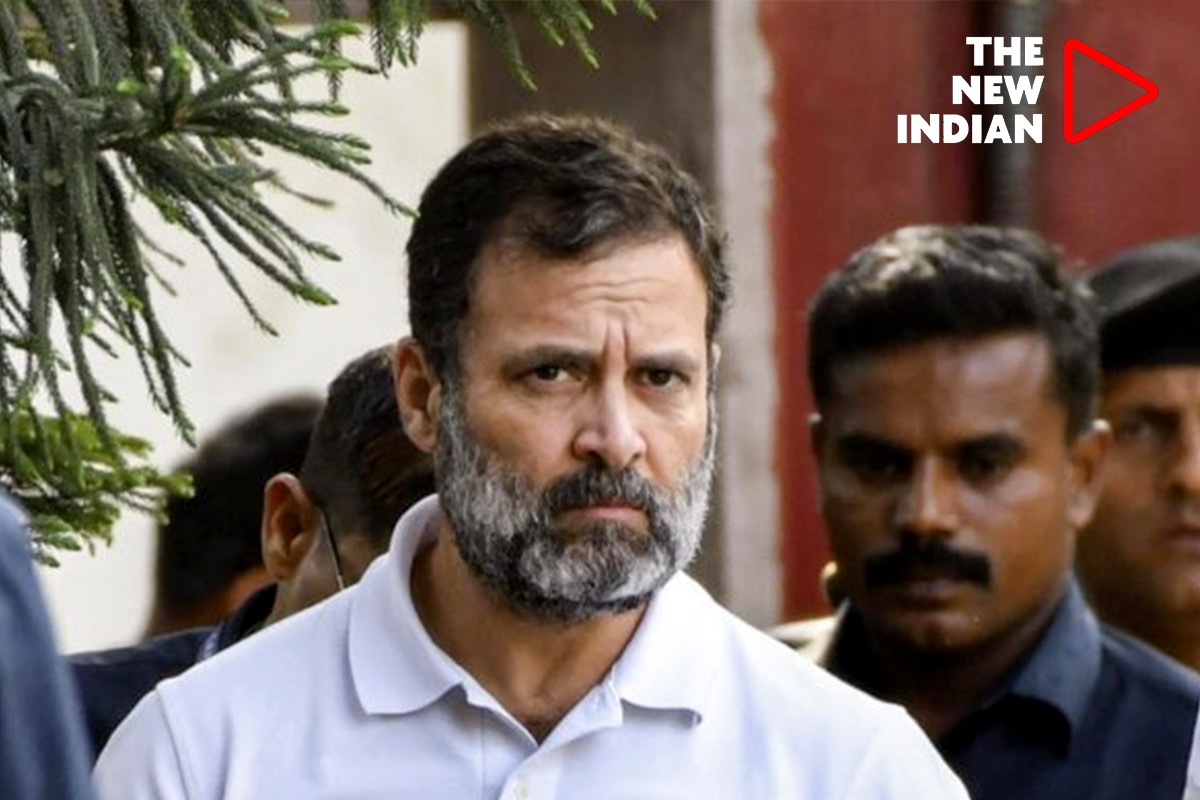NEW DELHI: In a major setback to former Congress president Rahul Gandhi, the Gujarat high court on Friday rejected his request to put his conviction in the Modi surname defamation case on hold.
The court deemed the conviction in a defamation case against him “just, proper, and legal.”
With his disqualification standing, Gandhi is unlikely to return to parliament in the upcoming monsoon session starting on July 20. His next recourse will be approaching the Supreme Court, and if his request is also rejected, he will be unable to contest next year’s election.
Although he will not face imprisonment as his two-year sentence had been suspended earlier, the Gujarat HC referenced another defamation case filed against Gandhi by the grandson of Vinayak ‘Veer’ Savarkar, emphasising the importance of maintaining purity in politics.
The court stated, “Refusal to stay a conviction would not in any way result in injustice to the applicant. There are no reasonable grounds to stay conviction. The conviction is just, proper and legal.”
Highlighting the multiple legal cases pending against Rahul Gandhi, the Gujarat HC revealed that he was seeking a stay on nonexistent grounds. HC emphasised that a “stay on conviction is not a rule.”
Rahul Gandhi, 53, had received a rare two-year sentence in a defamation case in Gujarat for his remarks during the 2019 Lok Sabha campaign, where he had questioned why all thieves had the surname Modi. Following his conviction, he was disqualified as a Lok Sabha MP from Wayanad in Kerala.
Rahul Gandhi had appealed the order in a sessions court in Surat, seeking a suspension of his conviction. Although the court granted him bail, it refused to stay the conviction on April 20. Subsequently, he approached the Gujarat HC, which has now dealt a significant blow to the Congress party as it prepares for upcoming elections, including the 2024 national election.
In a previous hearing on April 29, Rahul Gandhi’s lawyer argued that a two-year sentence for a “bailable, non-cognisable offence” could result in his client permanently losing his Lok Sabha seat, which would have serious and irreversible consequences for both him and the constituency he represents. According to the law, an MP faces disqualification if sentenced to two years or more in prison.
With his disqualification upheld, Rahul Gandhi’s political future hangs in the balance as he awaits a decision from the Supreme Court. The outcome will not only affect his own aspirations but also shape the Congress party’s strategy moving forward.












